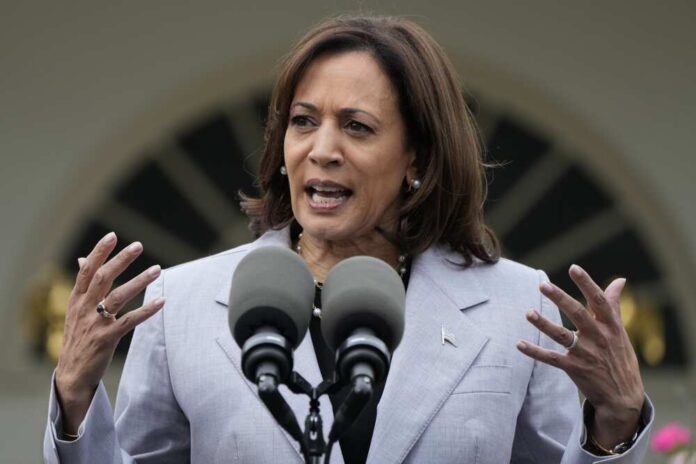
Kamala Harris’ tenure as San Francisco District Attorney raises serious questions about her commitment to addressing police misconduct, despite her loud proclamations for reform.
While serving as the San Francisco District Attorney and later as California Attorney General, Kamala Harris claimed a balanced stance on criminal justice reforms. However, her actions often diverged from her rhetoric. Critics portray her as a political chameleon, who adapted to the political winds rather than maintaining a consistent stance against crime and misconduct. Despite touting her accomplishments, major concerns linger regarding her efficacy in genuinely holding police accountable.
Harris’ record includes liberal reforms like anti-bias training and the use of body cameras, but she also supported controversial policies. As District Attorney, she increased felony and gun crime convictions and implemented the Back on Track program for nonviolent offenders. Her truancy policy, which prosecuted parents of chronically absent children, disproportionately impacted Black families.
Additionally, Harris backed a policy requiring law enforcement to notify ICE if an undocumented juvenile was arrested for a felony, which clashed with San Francisco’s sanctuary city status. As Attorney General, she didn’t formally advocate for Proposition 47, yet her office’s summary led to criticisms when the reclassification of certain felonies to misdemeanors resulted in increased violent crime and retail theft.
Throughout her career, Harris’ reluctance to prosecute police officers for excessive force and limited use of state laws to investigate local law enforcement abuses have drawn significant scrutiny. Critics argue these failures undermine her proclaimed dedication to justice reform. Interestingly, her tenure did see the introduction of several reforms, including anti-bias training and body camera policies influenced by the Black Lives Matter movement.
Moreover, her office’s forecast on Proposition 47 has been heavily criticized for sidelining the deteriorating public safety conditions it eventually exacerbated. Critics like J.D. Vance argue that Harris’ approach has contributed to an increasingly dangerous environment.
With her background and mixed record, Kamala Harris navigates a complex legacy in law enforcement. Her early career claimed notable strides, but her subsequent actions as District Attorney and Attorney General reveal a nuanced and often contradictory track record. The evolving political landscape emphasizes rising crime rates and voter concerns about crime and public safety, which could either bolster or haunt her trajectory, particularly as she eyes the 2024 presidential race.
Given this nuanced history, voters must scrutinize whether Harris’ past positions and promises align with the practical necessities of maintaining law and order today. As her prosecutorial background surfaces in high-stakes political arenas, the debate over her accountability and effectiveness remains fiercely polarized.
Assessing this legacy is critical as Harris continues to wield significant influence over criminal justice policy and to potentially position herself against figures like Donald Trump, known for their strong law-and-order stances.




















